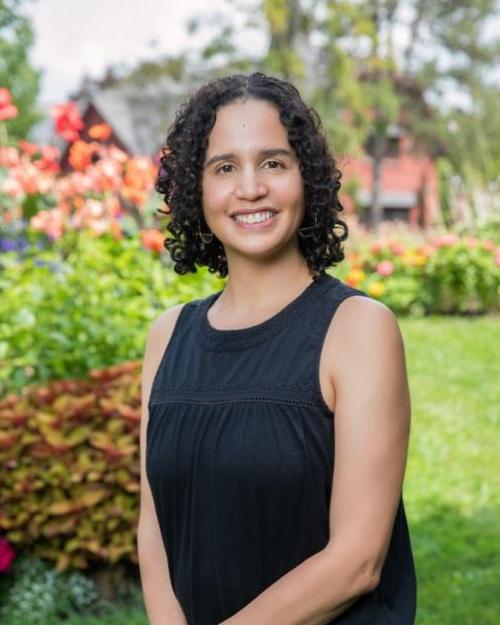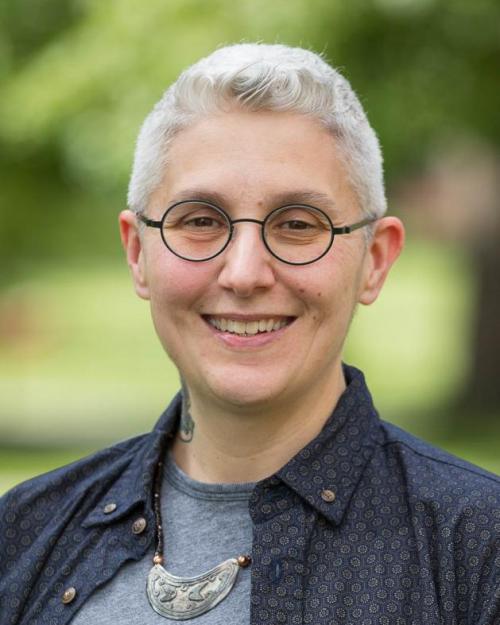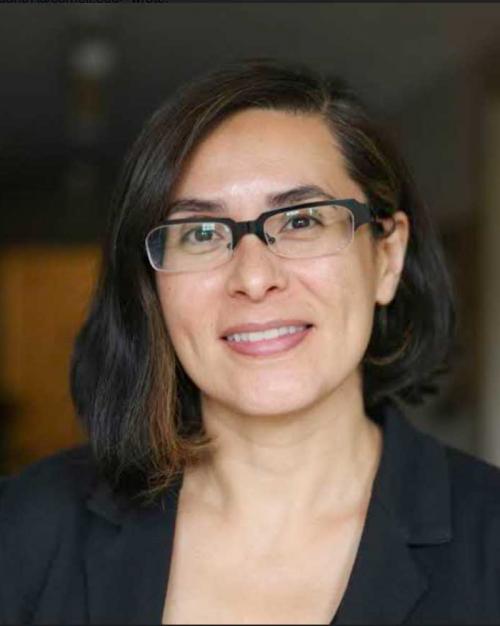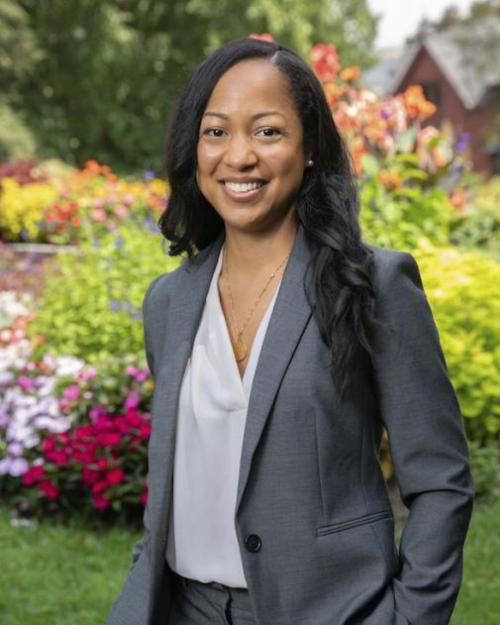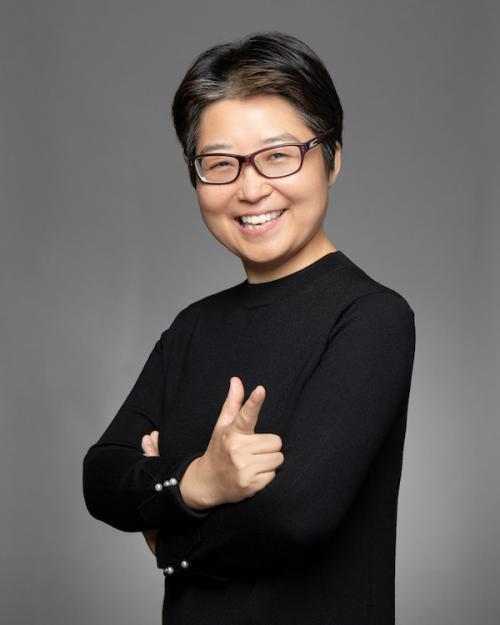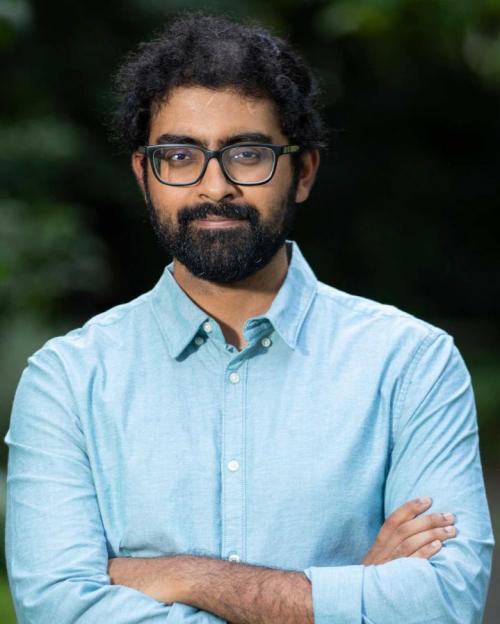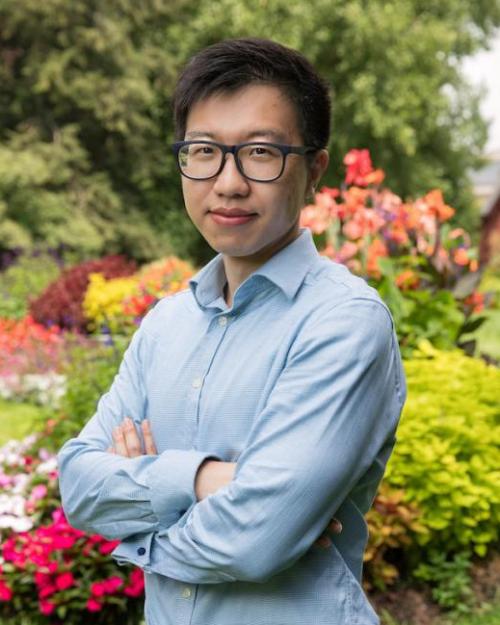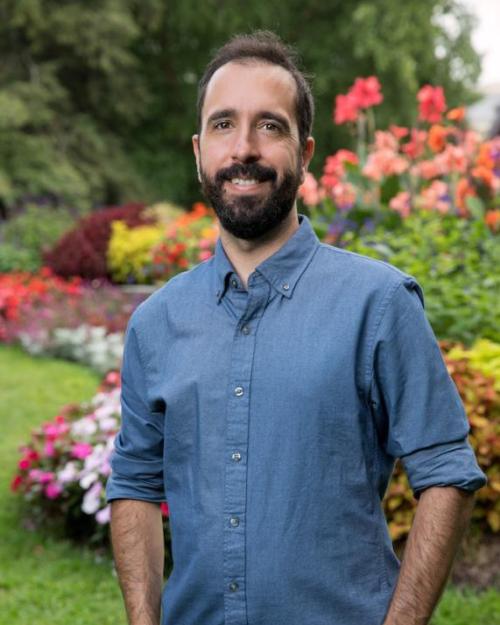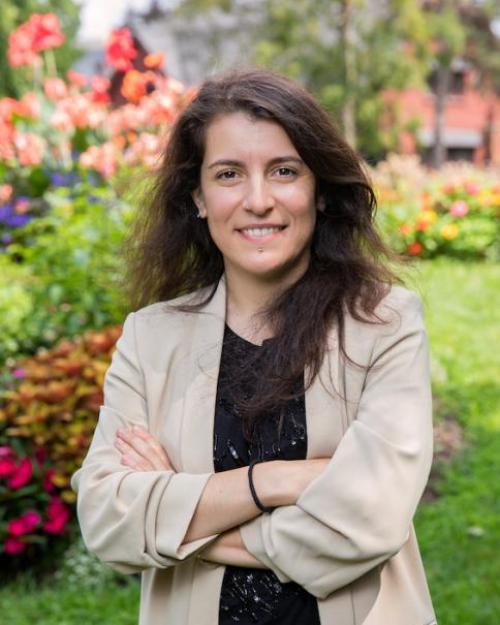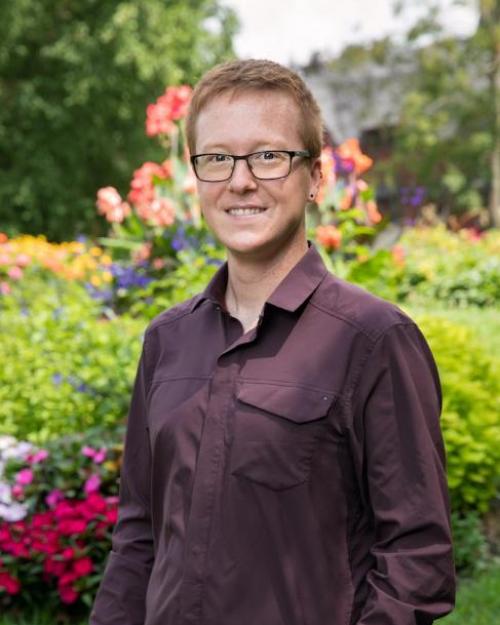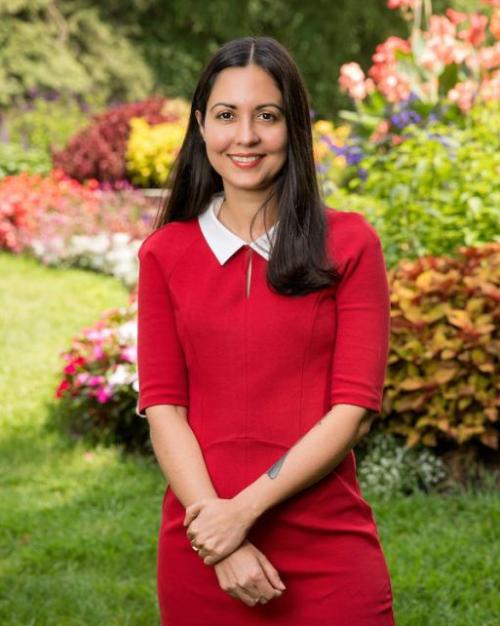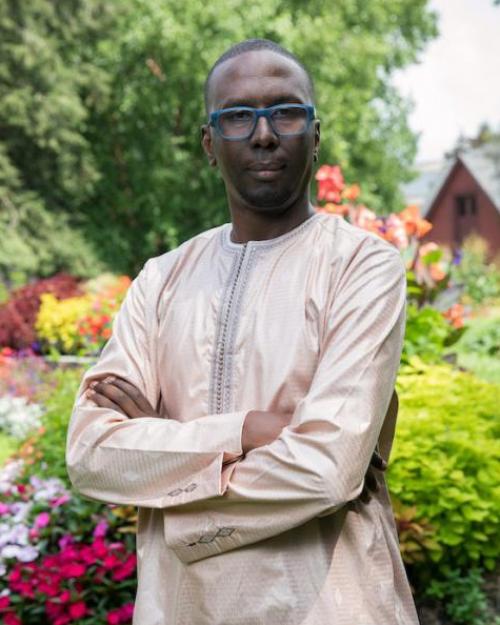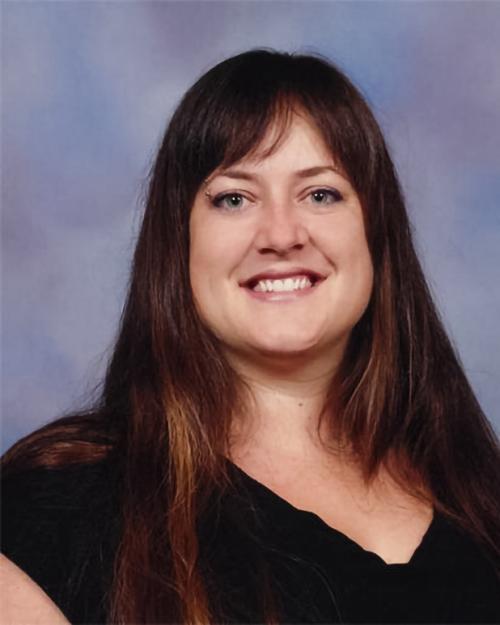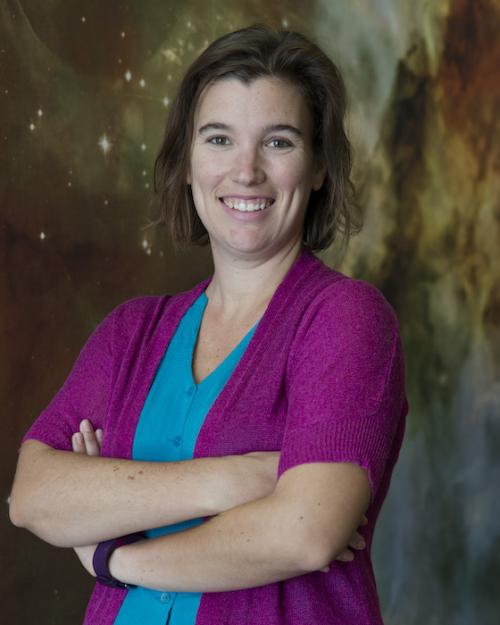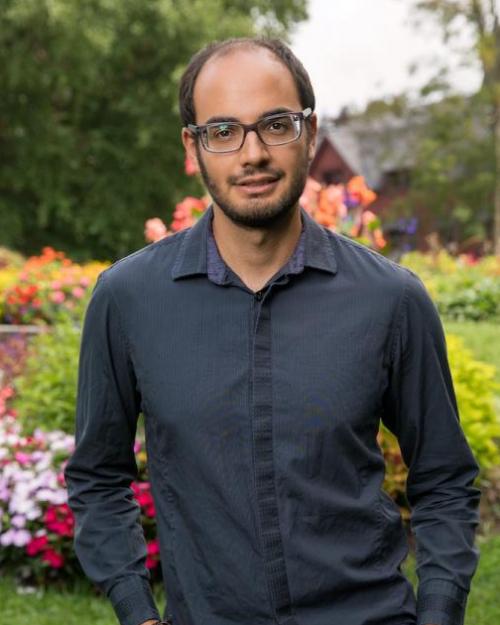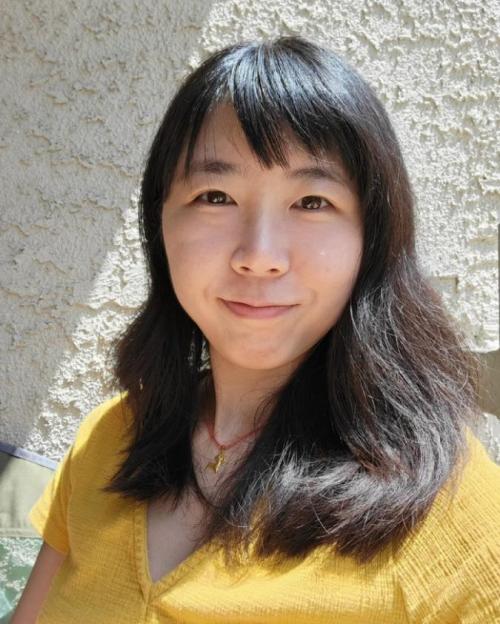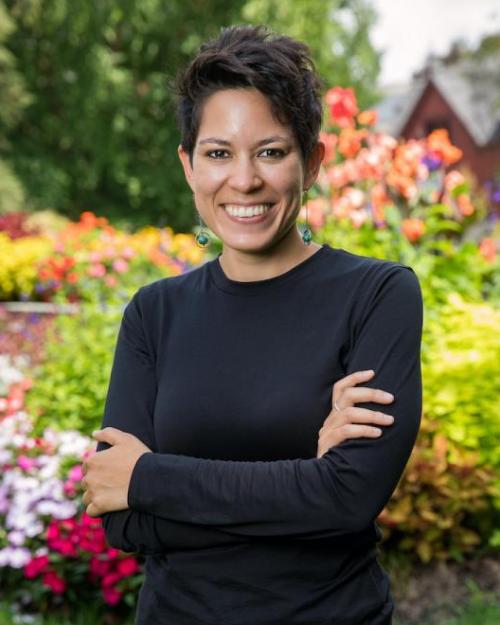Despite pandemic challenges, the College of Arts & Sciences expanded its faculty with 18 new hires this year, bringing exciting new ideas into wide-ranging fields, including moral psychology, Indigenous studies, astronomy, genetics and African American literature.
Faculty Profiles
Three new faculty in the Department of Literatures in English will add to the department’s strength in African American and Indigenous studies. Lenora Warren studies early American and early African American literature, histories of revolution and abolition, and the relationship between art and resistance; she says she’s “especially excited to be joining a department that’s growing and changing in exciting ways.” Jodi Byrd’s expertise is in Indigenous studies, Indigenous feminist and queer studies and video game studies. They are looking forward to teaching Indigenous Feminisms this fall. Juliana Hu Pegues’ academic focus is Asian American studies, Native and Indigenous studies, women of color feminism and queer of color critique. She’ll be teaching a new course this fall she’s excited about: (Re)thinking Asian American Literature: Indigeneity, Diaspora, Settler Colonialism.
Historian Tamika Nunley works on African American women's history, the history of slavery and 19th century America. She says she’s “most excited about continuing the tradition of teaching and researching African American women's history and I'm fortunate to do this work in such a vibrant and supportive department.” Historian Peidong Sun will be adding her expertise to the College’s strength in China studies; she focuses on the social and cultural history of the post-1949 period in China. She’s working on a book tentatively titled “Underground Epistemologies: How the Cultural Revolution Shaped the Xi Jinping Generation.”
Philosopher David Shoemaker says he’s excited about “working with the strongest moral psychology colleagues in the world.” His latest book project is called “Wisecracks: Humor and Morality in Interpersonal Life.”
Economist Suraj Malladi studies how to design robust policies on networks to spread technologies or curb misinformation. He’ll be teaching a course on social networks and economics this spring, covering recent theoretical and empirical work. Economist Chen Qiu focuses on developing econometric methods to answer questions encountered in applied economics and public policy-making. He’s excited about teaching a course on economic analysis with machine learning methods.
Understanding learning and memory is the focus of two of the three new faculty members in the Department of Neurobiology and Behavior. Antonio Fernandez Ruiz is investigating the neural circuit mechanisms of learning and memory; he’s interested in how the dynamic coordination of neurons across the brain supports cognitive functions and flexible behaviors. He says Cornell “is an ideal environment that encourages you to think outside your comfort zone and explore new research directions.” Azahara Oliva aims to understand how global brain dynamics modulate the local activity in different regions during learning, memory and sleep. She’s particularly interested in social behaviors and their impact on how memories are consolidated during sleep.
Neurobiologist Ben Sandkam’s work focuses on evolutionary genomics, sexual selection and reproductive behavior, specifically the genetic causes and consequences of reproductive behavior in fish. He’s excited about “the highly engaged, cross-disciplinary and collaborative atmosphere” at Cornell.
In the field of Romance studies, Liliana Colanzi studies popular genres in modern and contemporary Latin American literature, including science fiction, horror and the fantastic. She’s currently researching nuclear energy in Brazil and Bolivia for a book of short stories she’s writing.
Political scientist Oumar Ba works on international relations, law and violence and humanity and world order. His current research project is titled “Global Justice and the Racialized Hierarchy of ‘Humanness.’”
Astronomer Britney Schmidt seeks to understand how oceans work both on Earth and beyond, and to develop tools for further exploration. With a joint appointment in the Department of Earth and Atmospheric Sciences in the College of Engineering, she will help to expand Cornell’s robotics program into the area of planetary exploration.
Physicist Abigail Crites builds instruments to study cosmology in the early universe. She’ll be working on the CCAT-prime instrument on the Fred Young Submillimeter Telescope that Cornell and partners are building in Chile; she’s also part of two other project teams, the Tomographic Ionized Carbon intensity Mapping Experiment (TIME), and CMB-S4, the next-generation ground-based cosmic microwave background experiment.
Mathematician Benjamin Dozier works on dynamical systems and Riemann surfaces. In addition to looking forward to his Measure Theory and Lebesgue Integration graduate course, he’s “excited to teach undergraduates, whom I can convince of the beauty of math.”
Computational biologist Xinzhu “April” Wei studies population and evolutionary genetics and will be part of the newly cross-college Department of Computational Biology. Her current research projects include developing methods for inferring demographic history from whole-genome sequences and investigating the impact of Neanderthal introgression on human physiology and human evolution.
Composer Elizabeth Ogonek’s orchestra piece “Cloudline” was recently featured on the renowned BBC Proms. She’s the co-director of Cornell ReSounds, a New Frontier/Humanities Impact Grant-funded project that aims to establish Cornell as a center for the design and creation of new acoustic instruments.
